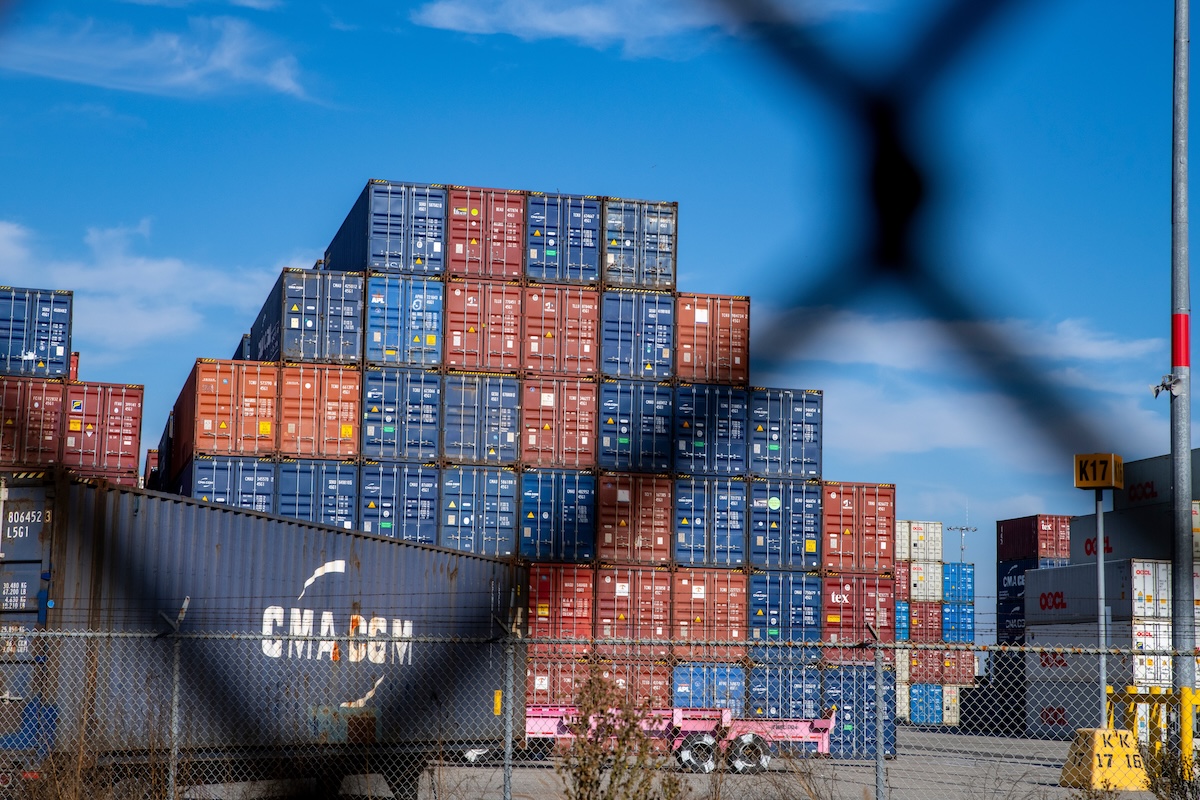
One of the big takeaways from first-quarter earnings season was that despite Trump’s “Liberation Day” reciprocal tariffs, corporate America largely held up. But Americans are starting to feel the pinch.
On Wednesday, Sony Group (SONY) dropped a terse blog post announcing that PlayStation 5 prices in the U.S. are going up by $50. The company blamed a “challenging economic environment,” carefully avoiding the T-word.
Like Sony, many multinationals are likely to use politically neutral language to avoid Trump’s wrath, but consumers can read between the lines.
Even companies trying to diversify supply chains can’t dodge the costs.
On Home Depot’s Q2 call, Merchandising EVP Billy Bastick reminded analysts that “over 50% of our products are sourced domestically and wouldn’t be subject to any tariffs.”
On the flip side, nearly half are imported. “As you’d expect, there’ll be some modest price movement in some categories,” he conceded.
Rival Lowe’s (LOW) said the same. With about 20% of its inventory made in China, CEO Marvin Ellison admitted some prices would rise but stressed the company would stay “price competitive.”
Put another way, if Home Depot is raising prices, Lowe’s will too. “We’re not in the habit of donating market share to the competition,” Ellison said.
Walmart (WMT), which Trump told to “eat the tariffs” back in May, has tried to hold the line. But on its Q2 call, CEO Doug McMillon admitted, “We’ve continued to see our costs increase each week, which we expect will continue into the third and fourth quarters.”
After vowing to absorb at least “some” of the costs, Walmart now concedes that strategy may not hold through year-end. “We’re keeping our prices as low as we can for as long as we can,” McMillon said.
Japanese automakers are also shifting gears. Following Trump’s 25% tariff on auto imports in April, Nikkei Asia reported that Toyota (TM) and Subaru have raised U.S. vehicle prices.
America accounts for 70% of Subaru’s sales, and the companies could no longer “swallow tariff costs without hurting profitability.” But they’re not eager to make it political. A Toyota spokesperson told CNBC the hike was just a “regular, annual price increase.”
Washington and Tokyo agreed in July to lower the tariff to 15%, but implementation remains unclear.
Tariffs didn’t blow up earnings season, but they’re showing up in everyday life: in the aisles of Walmart, the shelves at Home Depot, the lot at Toyota, and the price tag on a PlayStation.
Companies may not want to say it outright, but consumers are paying the bill.
Your email address will not be published. Required fields are markedmarked